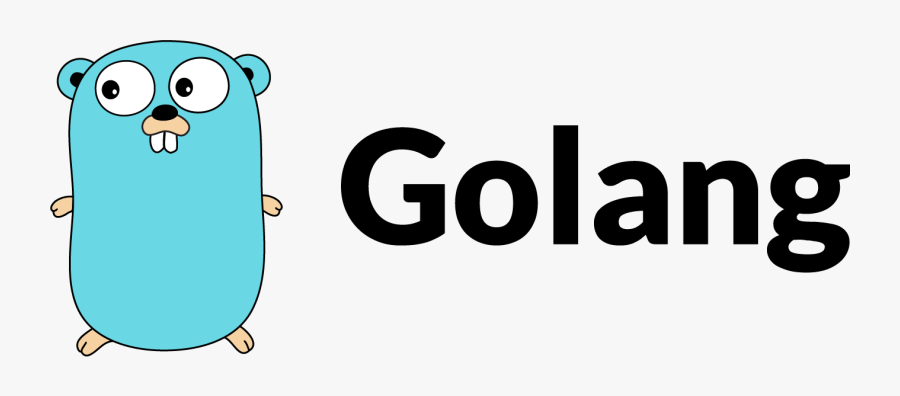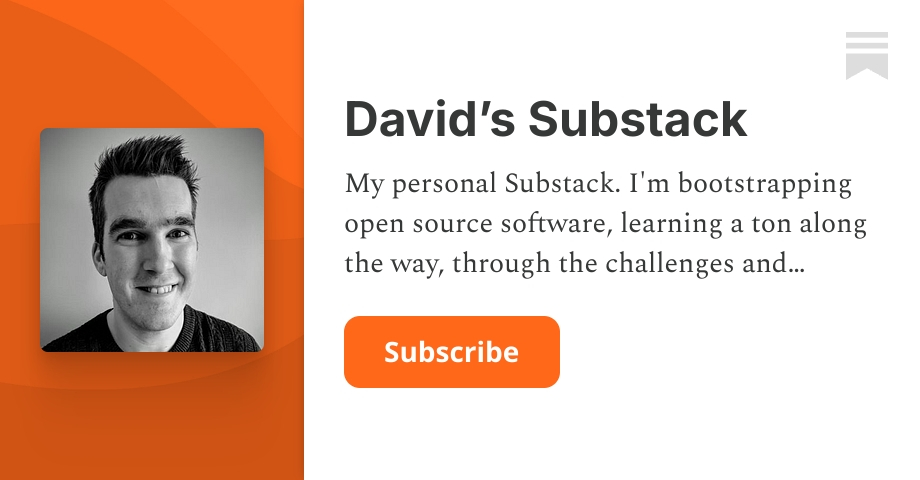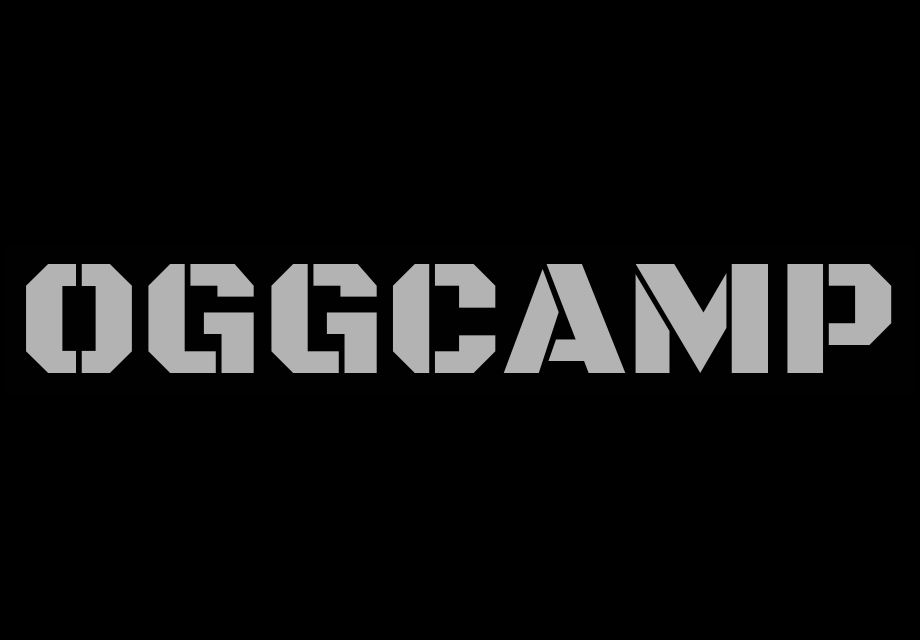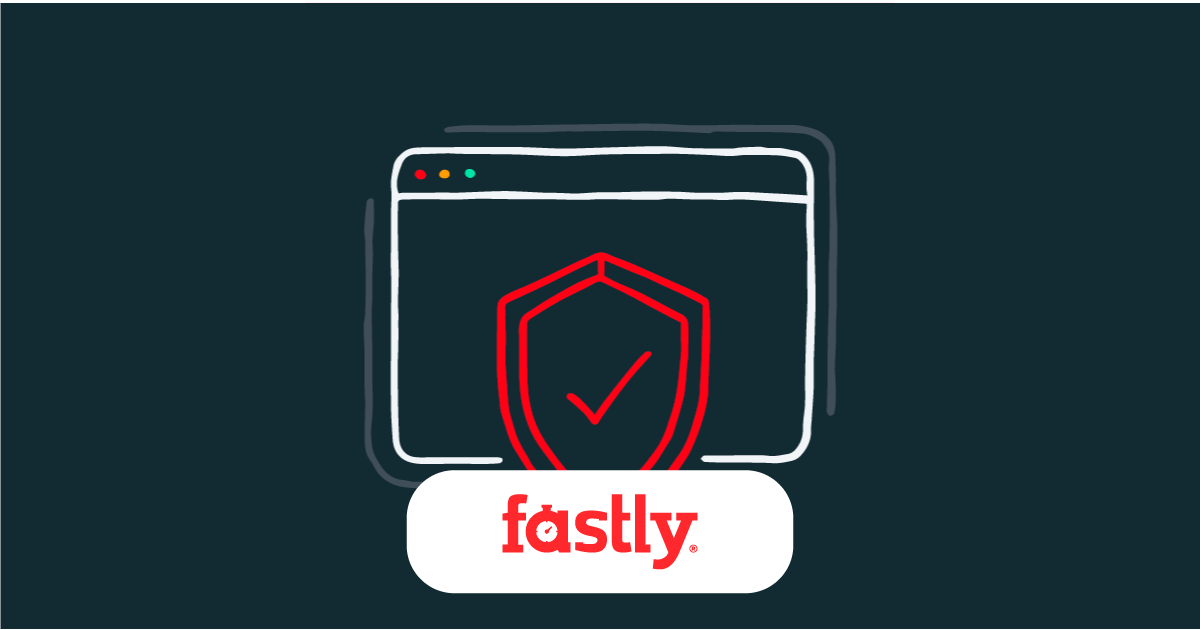Tag open-source
Post details
i had some really stressful interactions on github yesterday and today. lets just remember many of us are doing this OSS work for free and to do good, kindness is appreciated
My experience as a maintainer (8 mins read).
A guest post for opensource.org, about my experience as a maintainer, as part of 2025's Maintainer Month.
Looking back at oapi-codegen's last year (6 mins read).

A recap of oapi-codegen's last year, in light of it being Maintainer Month, and continuing to ask for sponsorship.
Post details
Three years ago, I was part of a team responsible for developing and maintaining Kubernetes clusters for end user customers. A main source for downtime in customer environments occurred when image registries went down. The traditional way to solve this problem is to set up a stateful mirror, however we had to work within customer budget and time constraints which did not allow it. During a Black Friday, we started getting hit with a ton of traffic while GitHub container registries were down. This limited our ability to scale up the cluster as we depended on critical images from that registry. After this incident, I started thinking about a better way to avoid these scalability issues. A solution that did not need a stateful component and required minimal operational oversight. This is where the idea for Spegel came from.

Post details
It's easy to forget how much work it is when someone is paying you
Post details
Something they don't tell you about being heavily involved in an open source project is that even when you're unemployed, there are a thousand emails and slack messages you still have to answer and so, so many meetings
Post details
AAAHHHHHHHHH BE NICE TO OPEN SOURCE MAINTAINERS OH MY GOD. SOME OF YOU ARE SO RUDE, WHO RAISED YOU
Post details
Question for OSS maintainers: what’s the most audacious work a company has ever asked you to do for free? I’ve heard of some projects being asked to fill out security questionnaires for free, but I don’t have a firsthand account of that and it got me curious about what else projects have been asked
Post details
Work for free and in return watch your passion get crushed by entitled users who are never satisfied

Post details
Open source business models are hard. A question I often get it why is it even open source? Here are some of my thoughts on that, and reasons why

Product requirements for a "fund your dependency tree" service (12 mins read).
Thinking about what functionality I would want as a funder, or a fundee, for a "fund your dependency tree" service.
Post details
Overworked, under pressure, and subjected to abuse – is it really worth it?

Post details
Attached: 1 image 2025

Post details
An infrastructure engineer, focused on distributed storage system
Post details
I've said it before, but if Randall Monroe could somehow successfully induce a donation of say ten bucks for each time someone uses That One xkcd Comic in a FOSS talk or blog describing the open source sustainability problem, said problem would be solved.
Post details
Attached: 1 image I love being an open source maintainer, we get the best email from only the most delightful people. 🙃 . (maybe i should just switch to macOS and stop caring about linux 🙃 )
OggCamp 2024 (14 mins read).

A recap of this weekend's OggCamp 2024 conference.
Post details
Open source is proof free markets are so efficient they can even find a use for communists.
Post details
How to use Dependency Management Data to discover which dependencies are participating in Hacktoberfest (3 mins read).

Detailing how you could use dependency-management-data to gain insight into which dependencies you use are participating in Hacktoberfest.
Post details
Contributing to open source is a privilege. It doesn't mean you have cheated to do it or that you don't deserve praise for doing it! It only means that not everyone can do it. You need the skills, time and will to do it in addition to doing whatever you need to have a good life. Not everyone has that time. Not everyone works in the field. We must acknowledge it to meaningfully convey the value of open source in society. #opensource #privilege
Post details
<p>Folks, today's the day.</p> <p>As of this morning, I've made over a million dollars on GitHub sponsors. Wowoweewow.</p> <p><img src="/pos...

Post details
Content warning: Tech culture
Post details
Microsoft is experimenting with and investing in sustainability of the open source ecosystem sponsorships. Learn more.

Post details
Announcing Geomys, a small firm of professional maintainers with a portfolio of critical Go projects.

Post details
After signing up for GitHub Sponsors, I had a nagging feeling that somehow asking for money from other people to support my open source work was inappropriate. But after much reflection, I realized that phrasing the use of GitHub Sponsors as a way to express patronage/support and appreciation for

Post details
A JavaScript library maintainer is under fire after merging a controversial PR to support legacy versions of Node.js.

Post details

Post details
Will Yaak be open source? The short answer is no, there are no plans of going open source. Instead, Yaak will…

Post details
Attached: 1 image idk why people say funding OSS is difficult

Post details

Post details
Post details
Attached: 1 image Tips to prevent maintainer burnout from the beautiful soup maintainer. A single maintainer managing a package will millions of users *ask users to contribute issues before a pr * practice defensive programming. Use warnings to point to common user mistakes #pyconus #python #opensource

Creating a more sustainable model for oapi-codegen in the future (9 mins read).

Announcing a request for sponsorship to continue to allow allocating more time to oapi-codegen as well as to make more ambitious changes to the project.
oapi-codegen is moving to its own org (7 mins read).

Announcing oapi-codegen's move to its own GitHub org, and a history lesson about the project.
Post details
For the last ~7 weeks on-and-off rewriting the documentation for oapi-codegen which has needed a fresh version for a bit of time. On top of that, I've spent pretty much the last two days solidly finishing it off, and am very glad to have just merged it!
Documentation can be difficult to do - especially if you're redoing it all in one go - but am hoping it's in a much better place for new and existing users alike!
Also introduces a CONTRIBUTING.md for the first time, and I ended up adding 14 new examples to the examples directory because I couldn't quite remember how things worked 😅
Post details
With the recent xz hack in the news, it's crucial to support maintainers of open source projects. Fastly has been doing just that with our open source program, Fast Forward.

Post details
A short document describing how I maintain open source projects. It talks about how I prefer issues to PRs, how I work in batches, and how I'm trigger-happy with bans. It's all about setting expectations.

Post details
Free and open source software has become a modern commons, but now it's vulnerable. Freedom isn't sufficient to secure it for the future.

Post details
Originally a thread on Twitter about the xz/liblzma vulnerability, when I finished typing it, I realized I had a real world slice of Open Source interaction that deserved more attention.
What can we learn about the backdooring of xz/liblzma, using OpenSSF Security Scorecards and dependency-management-data? (6 mins read).

Looking at how the recent CVE-2024-3094 vulnerability could provide insight into other cases of risk in dependencies and their lack of code review.
Post details
The topic of Polyfill.io and its sale came across my radar about a week ago when Tobie Langel shared...

Post details
You're currently viewing page 1 of 7, of 310 posts.
